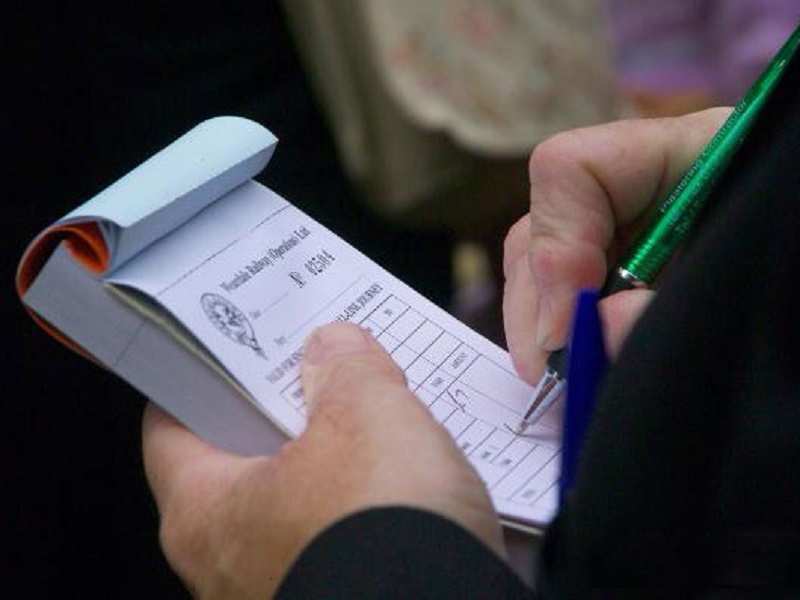
While travelling with the Indian Railways, one complaint that most people have is the expectation of unsocial and unfriendly behaviour from the travelling ticket examiners (TTEs), a generalisation that should not prevails but does, because of several incidents in the past when TTEs were either curt or were themselves harassed.
However, the black coat officials might soon become as smiling and welcoming as the guest-relation staff of any global company.
The Quality Council of India (QCI) has directed the Indian Railways to follow Starbucks, Amazon, FedEx, Convergys and Toyota, the top consumer-servicing companies present in India, to make sure that its frontline employees are more customer-friendly. For this, they might even come up with several schemes and incentives like rewarding them the 'employee of the month' tag.
"This is one of the major areas of concern in the rail ministry-...it is something that the ministry wanted the study to look into, especially for the TTE," said the QCI in a report on the issue of 'Improvement of Frontline Staff Interaction with Citizens.'
The QCI has suggested that the railways ministry should go through the cases of global companies that have established customer-oriented cultures, and the ones that follow the 'train the trainer' model, so that the staff can be trained in customer relations.
However, if the ministry decides to implement the suggestions, it would be a tough task to master, since Indian railways operates about 12,000 trains carrying 23 million passengers every day, with about 15,000 TTEs employed to check the validity of passenger tickets.
QCI, a joint government-industry effort, has hence suggested that the frontline staff should be divided into zonal teams, who would be competing over two to three months, so that their efforts can be acknowledged and appreciated.
Standardised surveys could also be one of the ways to keep a track on the improvements in their performance.
Image source>$4
